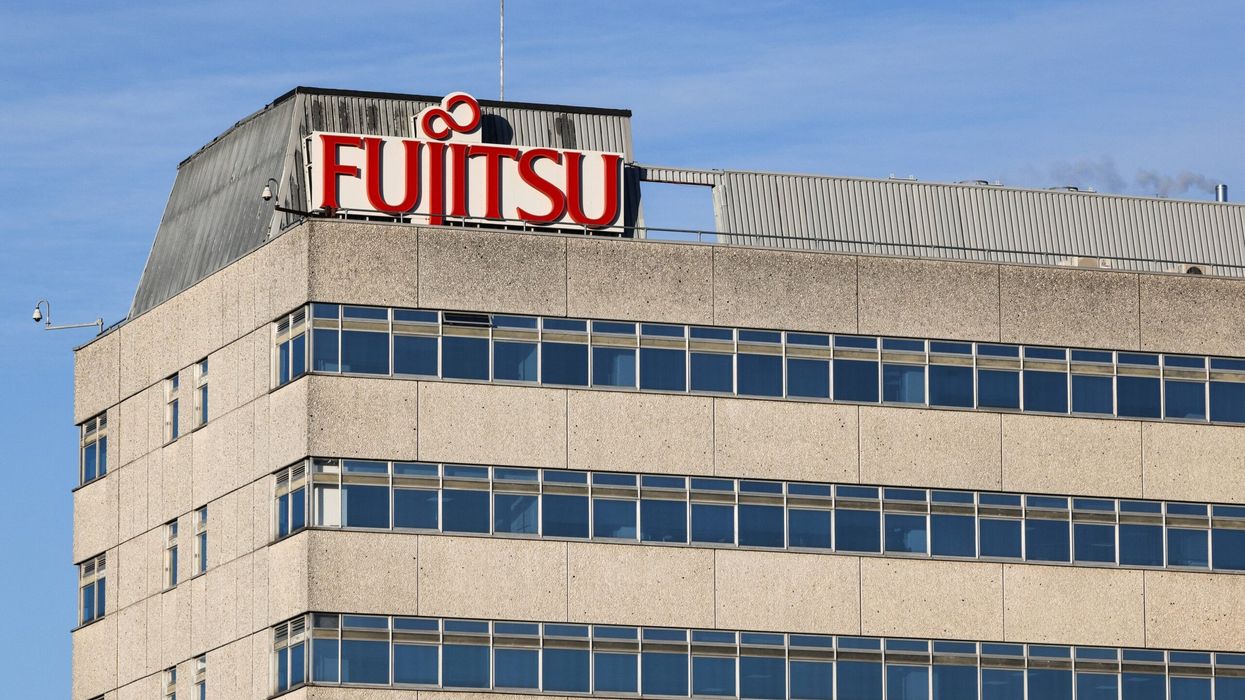Amid soaring crude oil prices, India’s crude oil demand is expected to reach to 500 million tonnes a year by 2040, said Partha Ghosh, an executive director at Indian Oil Corp, said on Tuesday (25) at the Asia Pacific Petroleum Conference (APPEC) in Singapore.
However, soaring crude oil prices might act as a dampener for the rate of growth of domestic crude oil demand, he added. The new forecast of 500 million tonnes per day by 2040, would be equal to around 10 million barrels per day (bpd), up from about 4.7 million bpd recorded last year.
Global crude oil demand is very likely to rise by 15.8 million bpd from now to until 2040 and India’s growth of bpd will constitute around 24 per cent of the overall growth, Ghosh pointed out.
India’s refining ability could rise to about 439 million tonnes per day by 12 years as new and existing refineries will work to improve their infrastructure capabilities. The domestic demand for crude oil is very likely to rise to 356 million tonnes a year by fiscal year 2030, Ghosh added.
Higher refining capabilities help India to export refined oil products to its neighbouring countries.
The rate of growth of crude oil demand is very likely to move down by 2024 to 2025. Alternative energy sources and energy deficiencies are also expected to reduce crude oil demand.
India’s economy is highly sensitive to crude oil prices. A $10 per barrel increase cuts India’s gross domestic product (GDP) by 0.2 to 0.3 per cent.
According to the latest International Energy Agency (IEA) data, as of now, the demand for crude oil from Organisation for Economic Co-operation and Development (OECD) remains resilient but there is a risk to the 2019 outlook from currency depreciation and trade disputes.
Demand in growing economies China and India combined will grow by 910 kb/d in 2018, but the pace slows to 640 kb/d in 2019.











